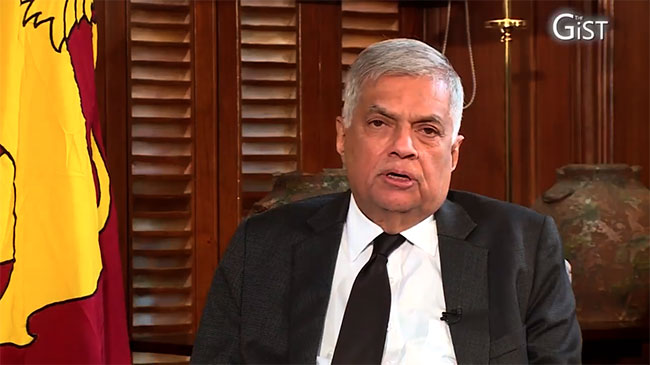
In a critical development just days before the country’s national election, Sri Lanka has reached a historic debt restructuring deal with its major international creditors, providing a much-needed boost to the island nation’s economy and signaling a path toward recovery after one of the worst financial crises in its history.
The agreement, which was finalized late last week, marks a significant breakthrough for Sri Lanka, which defaulted on its foreign debt in May 2022 after facing crippling economic pressures, including soaring inflation, a steep depreciation of the currency, and widespread shortages of essential goods. The deal, brokered by the Sri Lankan government in cooperation with international financial institutions and a consortium of private creditors, restructures approximately $29 billion in foreign debt, providing immediate relief to the country as it enters a crucial electoral period.
Under the terms of the agreement, creditors—including commercial banks, bondholders, and multilateral institutions—have agreed to a combination of debt forgiveness, extended repayment terms, and reduced interest rates. This restructuring is expected to lower Sri Lanka’s debt burden, making it more manageable over the next decade and helping the government free up resources to stabilize the economy and address urgent social needs.
The deal comes at a critical time for Sri Lanka, as it faces a tight election schedule and ongoing political uncertainty. The national election, scheduled for later this month, is set to determine the next phase of leadership following the resignation of former President Gotabaya Rajapaksa in the wake of mass protests over the country’s economic collapse. With inflation at record highs and poverty levels rising, many Sri Lankans are eager to see tangible improvements in their daily lives.
For the government of President Ranil Wickremesinghe, who took office after Rajapaksa’s exit, the restructuring agreement is seen as a significant diplomatic and economic victory. Wickremesinghe has been credited with steering the country through the worst of the crisis and is now in a strong position to present this deal as evidence of his administration’s ability to manage Sri Lanka’s financial recovery.
“Reaching this agreement is a crucial step in securing Sri Lanka’s future and restoring the confidence of international investors,” said Wickremesinghe in a statement. “It will allow us to focus on rebuilding the economy and delivering on the promises we’ve made to the people of Sri Lanka.”
While the deal has been hailed as a major positive development, many challenges remain. The country still faces high inflation, unemployment, and widespread poverty, and the recovery process will take years. Furthermore, some political analysts warn that the restructuring deal could become a key issue in the upcoming election, with opposition parties questioning whether the terms of the deal are in the best interest of the public.
Nevertheless, the debt restructuring agreement has been welcomed by international markets, signaling a path forward for Sri Lanka’s recovery as the country looks to rebuild its economy and restore stability ahead of a critical election.
Leave a Reply